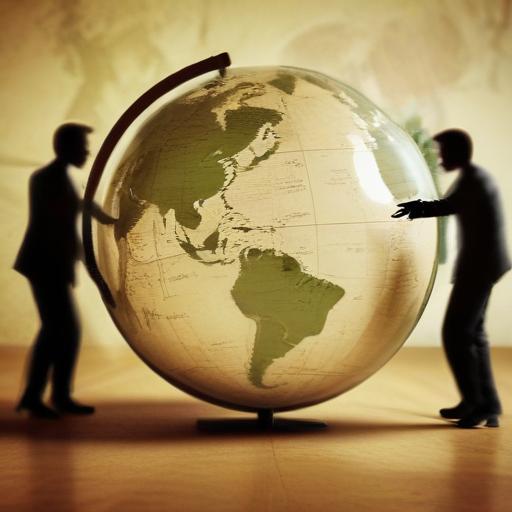PARIS — In Geneva on Friday, foreign ministers from the United Kingdom, France, and Germany engaged in significant diplomatic discussions with their Iranian counterpart for the first time since hostilities escalated following Israel’s recent offensive against Iran. This dialogue is part of ongoing efforts to address rising tensions and uncertainties regarding Iran’s nuclear ambitions.
French Foreign Minister Jean-Noël Barrot, U.K. Foreign Secretary David Lammy, and German Foreign Minister Johann Wadephul issued a joint statement emphasizing the importance of restraint from both Israel and Iran to prevent further aggravation of the conflict. They expressed concerns regarding Iran’s nuclear activities and reiterated their commitment to finding a peaceful resolution that ensures Iran does not obtain nuclear weapons.
Iran’s Foreign Minister Abbas Araghchi, while addressing the United Nations Human Rights Council before the meeting, condemned the recent Israeli strikes, characterizing them as a betrayal of ongoing diplomatic efforts. Araghchi alluded to a previous meeting that was intended to yield progress but was undermined by aggression.
This meeting marks a revival of the “E3” coalition, which previously played a vital role in negotiating the 2015 nuclear deal under President Obama’s administration, a pact that was abandoned by President Trump in his first term. Current discussions come amidst ongoing military actions, with both nations continuing to exchange strikes.
While calling the situation “perilous,” Lammy noted a potential “window” for diplomatic resolution, referencing a forthcoming decision by President Trump regarding U.S. military action against Iran. Trump indicated that any escalation from Iran in the coming weeks could influence U.S. responses.
Despite the optimism surrounding renewed talks, Israel’s U.N. Ambassador Danny Danon expressed skepticism about the effectiveness of negotiations. He underscored that any meaningful dialogue must lead to tangible actions to dismantle Iran’s nuclear capabilities.
U.N. Secretary-General António Guterres urged global leaders to act collaboratively in order to prevent broader conflict and restore diplomatic discussions. Rafael Grossi, the head of the International Atomic Energy Agency, also voiced that a viable diplomatic pathway remains achievable.
As tensions intensify, with both sides engaging in military exchanges resulting in casualties, the international community remains watchful of potential avenues to de-escalate the situation and embark towards long-term diplomatic agreements. The complexities surrounding Iran’s nuclear program highlight a persistent challenge, yet there remains hope for dialogue and peace as global powers strive to navigate these turbulent waters.
